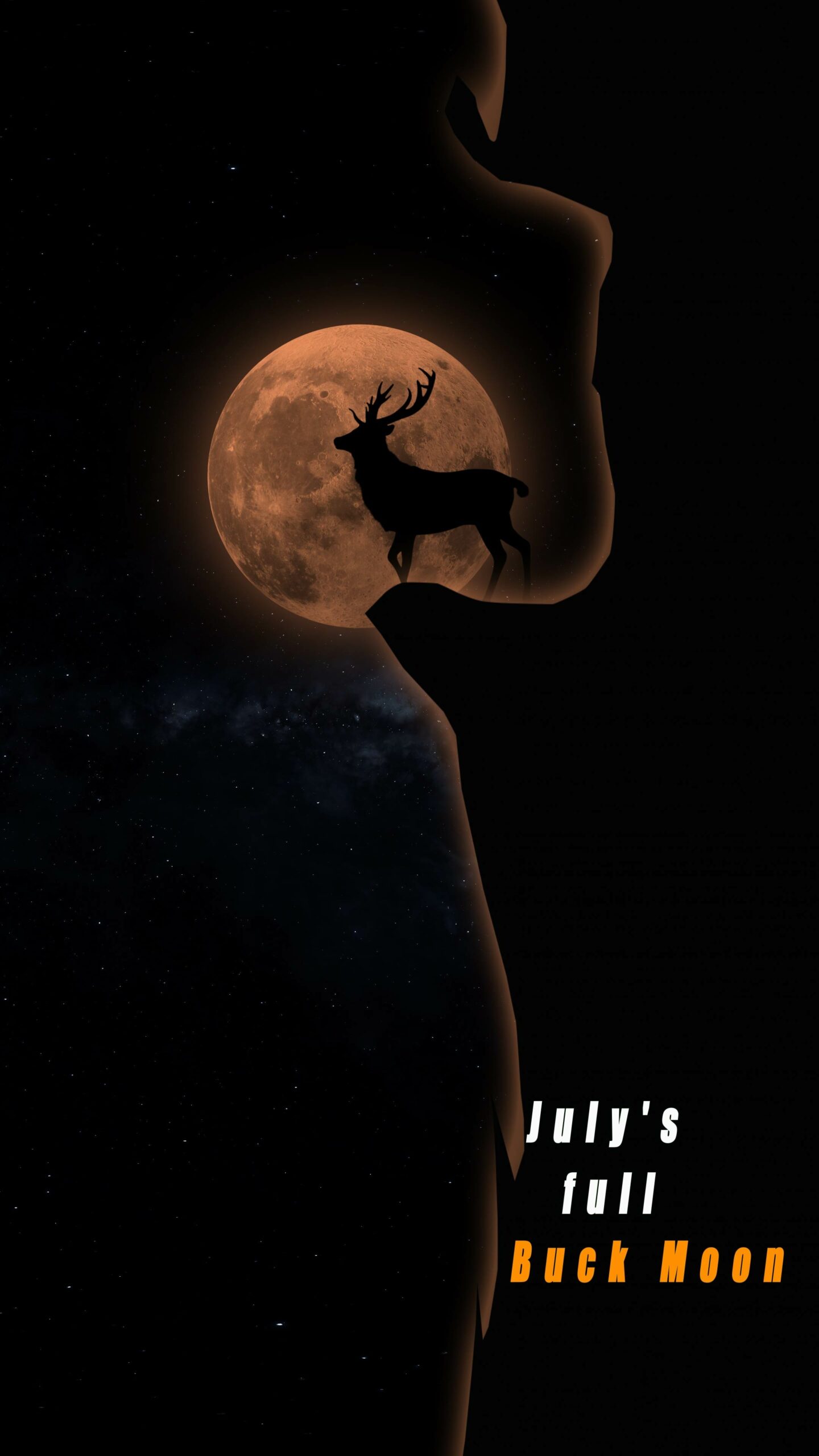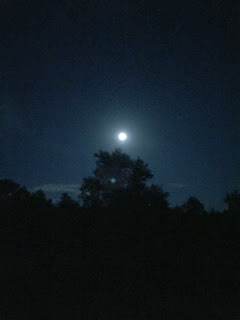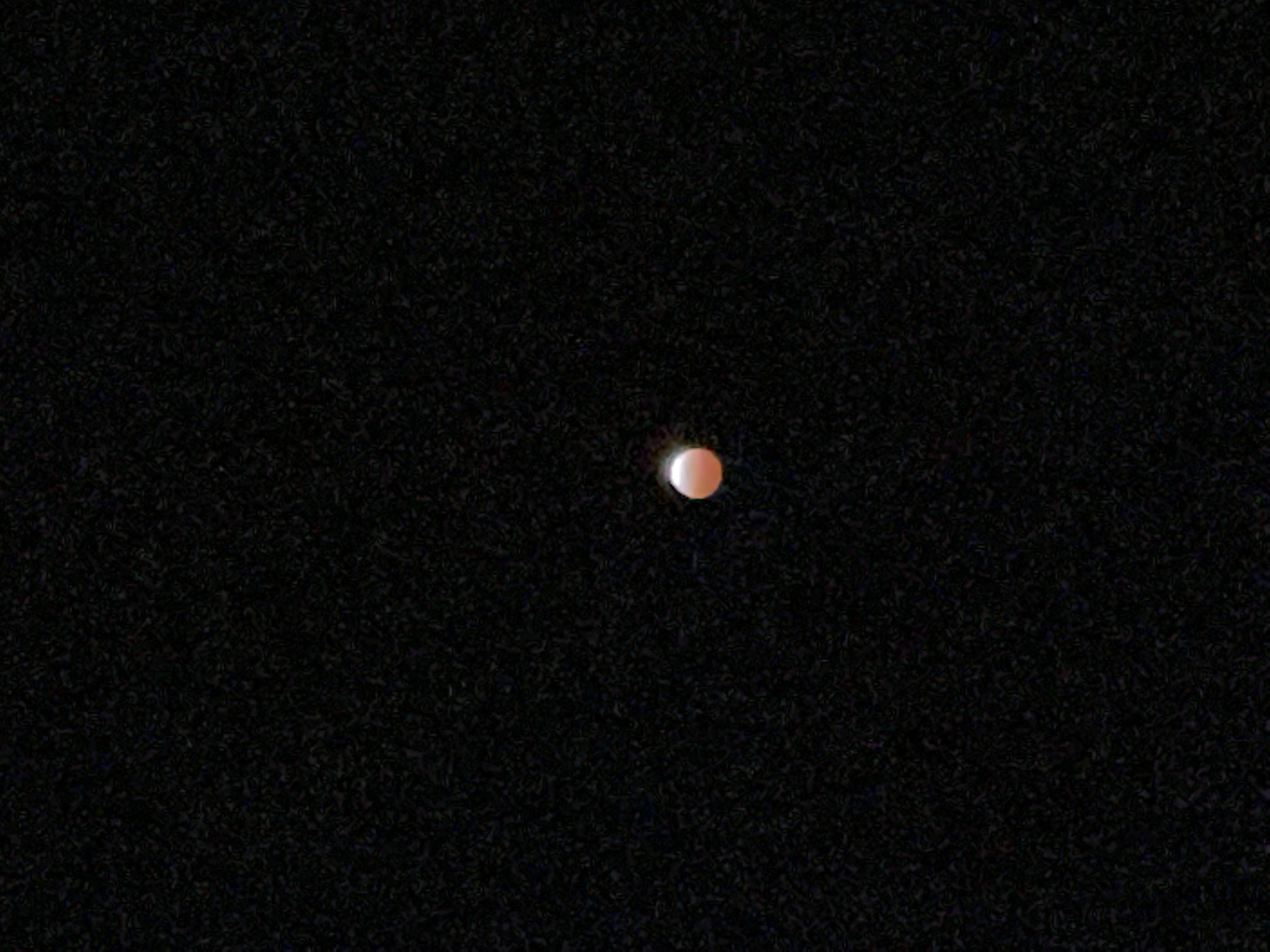Last night, Daughter and I sat outside under a beautiful summer moon. It was a full moon. It was a Buck Moon and was the second super moon of the year.

According to astrologers, this moon’s energies are super impactful on our lives if only we take a minute to recognize and absorb it.
The concrete on the driveway was still warm from the heat of the day’s sun. It felt good to sit and soak up the warmth on a cool summer evening. Then we decided to jot down things that were weighing heavy and to burn the papers under the moonlight to let them go.
The ritual of burning that which holds us down stems from pagan belief in the connection between humans and the natural world. For millennia, humans had to be deeply connected with the natural world. Their very survival depended on it. They had to understand the signs indicating storms, or drought, or infestation, or crop failure, or absence of prey or the presence of predators. Which trees make good shelters, which reeds make good baskets. Which herbs heal and which ones sicken.
We’ve lost that need in large part to modern life and technology. We don’t need to be able to read the earth because we have technology that not only can do it for us, but can often do it better.
Don’t get me wrong; I like technology a lot. I love my smart phone, I’m typing on a computer now, I suck at math so computers are the best, and I can watch my fav show on DVR if I can’t catch it live. Technology really is wonderful.
But perhaps we could all benefit from a bit more connection and balance, one that allows us to stay in touch with the rhythms of the natural world while enjoying our devices.
My daughter commented that, if anybody drove by and saw us sitting on the driveway at night with candles, they would think we were weird. Sadly, I think she was right.
Too many people didn’t see the wonder of this Super Moon. I suspect they saw the pictures on social media or on the news. But too many didn’t step outside and take a long look. They didn’t marvel in the fact that it is not a common occurrence.

Even if they did, would it have been that impressive, really? After all, we live in a time when we are inundated with news of the best, the greatest, the biggest, the longest, the smartest, worst, first, last, most pronounced everything. The largest crowd. The fasted computer chip. The most deadly massacre. The hottest year. The closet meteor to pass earth. The rarest species.
Before we all had instant access to everything in the world, the unusual WAS news. We took note when Hank Aaron hit the most home runs. We marveled at the first man on the moon. We were horrified by the Challenger disaster.
Now, the greatest today is old news tomorrow. Something else will quickly surpass it. We don’t really have the chance to be impressed.
Humans have long worried about this onslaught of technology. T.S. Eliot’s The Wasteland explored the cracks in our human armor as a result of it. Post-apocalyptic fiction in movies, books, television all show our angst at the increasing power and control of technology. HAL in 2001: A Space Odyssey, can think for us. Ali in The 100, aims to destroy humanity to save it. And now we hear that a scientist insists that a computer has, indeed, become sentient (think I, Robot).
I wonder, though, if the problem isn’t so much AI gaining control, but is our willing abdication of human intelligence to it.
At the risk of sounding old, I can’t help but notice that many people today don’t really know how to read maps. Take their GPS away from them, and they are literally and figuratively lost. And how often have I watched as a store clerk panics when the register is broken and can’t tell him how much change to give me. And who needs to learn cursive anymore? Keyboards are more important than pens. And, as it was once put to me, why bother trying to learn history when we can just Google any answer we need?
I’m not suggesting that reliance on technology is wrong. Not at all. What I do worry about is whether the complete shifting of intelligence away from ourselves and onto machines is also a complicit in shifting away personal responsibility for our own self-awareness and knowledge and, most importantly, connection. We know who is dating whom in Hollywood, but we don’t know the feeling of the moonlight on our faces under a Super Moon. We don’t take the time to feel that power. Or to wonder if, perhaps, there is a more profound connection between wind in our hair and the lives we daily lead.
But these are just thoughts brought on by sitting outside and gazing at the moon on a mid-summer’s night. My mind wandered far and wide, but then I had to wonder if perhaps it wasn’t my mind wandering as much as it was my soul listening to what the natural world was trying to convey. Maybe I was hearing is that there is benefit to finding a balance between technology and the absence of it. Appreciate and use technology because it absolutely makes our lives better, but, from time to time, put down our phones, turn off the TVs and sit outside under the moon long enough to hear the message. Balance.
My husband called from the porch and asked when I was coming in. I told him I would be in shortly, but, for a time, I just wanted to sit and listen. Maybe I would hear the bullfrogs from the pond across the street or the coyotes howling in the distance. For just a few minutes, though, I found a needed peace in my few minutes outside sitting under the July Buck Moon.



